COVID-19 exposing global health inequalities
 Last week, I looked at how COVID-19 was disproportionately affecting people of colour in the UK, and how existing social and health inequalities were being brought into the light once again by the pandemic.
Last week, I looked at how COVID-19 was disproportionately affecting people of colour in the UK, and how existing social and health inequalities were being brought into the light once again by the pandemic.
But while the rich world grapples with its legacy of social division, racism and systemic injustice, the other two-thirds of the world are also facing stark choices and challenges as COVID-19 threatens them too.
Back in April, we warned that the real impact of the pandemic was going to fall upon the developing world. While Brazil, India and South Africa look to have some most of the most rapidly growing national epidemics, the US is still the most affected nation. But the growth in infections suggests that this epicentre is slowly shifting south to Latin America.
In nations where access to even basic medical care is limited for the poor, migrant communities and other minorities, the concern is that COVID-19 could cause a disproportionate death toll. That it has not done so to date may be because of younger populations (who seem far more resistant to the disease) and limited movement of people. It may also be due to poor public health infrastructure which fails to record and collate the necessary statistics.
While many developing nations have had rapid and severe lockdowns, and this seems to have slowed or reversed COVID-19, at least for now, it is not just the disease itself that is disproportionately affecting minority and more impoverished communities.
Many migrant workers face increased infection risks, poorer working conditions and even starvation in parts of the Middle East, Africa and South Asia. Indian migrant workers have died taking the long trek back to their villages as work disappears and they find themselves without the funds to use public transport. Communities that were just getting by are facing ruin as their livelihoods disappear. If COVID-19 does not create an epidemic in its own right, the measures to contain it are creating an epidemic of poverty that may set back by years or even decades the modest gains made in poverty eradication.
And the impact of COVID-19 is not just in health and economics. Some are now saying that it has generated ‘shadow pandemics’ of violence (especially against women and minorities), inequality, racism and social isolation. These are problems that were already there under the surface, but COVID-19 has exposed and amplified them.
Fear and prejudice against migrant and minority groups have grown according to reports. Christians, in particular, are finding many groups and authorities using the pandemic as an excuse to ramp up persecution.
Refugees are an extremely vulnerable group, whether in camps or scraping together a living in a host community that now looks at them as a source of infection, further excluding and marginalising them. Social distancing is all but impossible in refugee camps, and as lockdown affects aid agencies, many are having to withdraw, leaving camps with even more limited access to food and medicine.
How do we respond? The health, economic and social impacts of COVID-19 are slowly becoming apparent, but they will almost certainly get worse before they get better. On the other hand, what the global response to this pandemic has shown is that countries working together and sharing information, who coordinate and cooperate and act swiftly and decisively have fared better all-round than those who have resiled from positive and timely action. If we are to mitigate the impact on the most poor and vulnerable, it will require global, coordinated and timely interventions. We need to hold our governments to account and encourage them to work globally and cooperatively. This is not just altruistic – if we do not deal with the international consequences of COVID-19, they will come back to affect us in due course. It is the right thing to do, and it is the sensible course of action.
Christian health organisations will need volunteers, funding and support – this is a time for Christian health professionals in the West to step up to support our brothers and sisters around the world. Our international networks, ICMDA and NCFI are already looking at how to support national networks to respond to the health needs.
We have to look at the injustices in our own societies and repent of our failures and the systemic sins that have been exposed. But we must also look outward and respond to the global injustices that have once again been highlighted.
COVID-19 may be a severe mercy, as Walter Bruggemann has written recently, but if we do not act it will become a severe judgement.


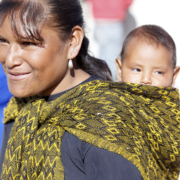


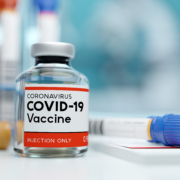
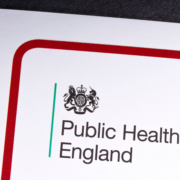
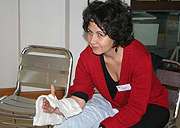
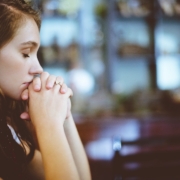



Leave a Reply
Want to join the discussion?Feel free to contribute!